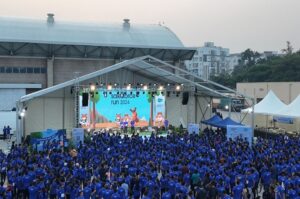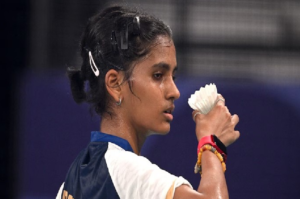A Glimpse into the 2024 Paris Olympic Village: Sustainable Living and Athlete Comfort
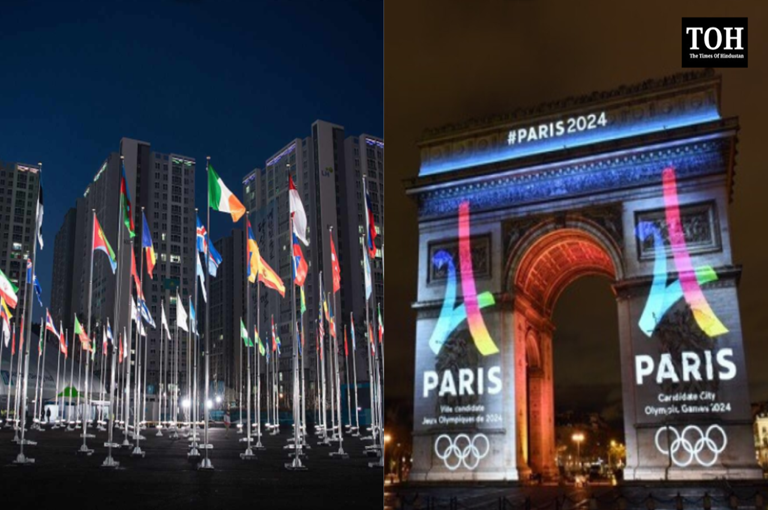
New Delhi: As the 2024 Paris Olympics draw near, athletes and their teams are preparing to settle into the newly constructed Olympic Village, situated across the Saint-Ouen, Saint-Denis, and L’Ile-Saint-Denis neighborhoods just north of Paris. Spanning an impressive 81 acres, this ambitious project is the largest single-site construction initiative ever undertaken in France, with a budget of $1.85 billion.
The Olympic Village is designed with sustainability at its core, aligning with France’s goal of hosting the “greenest” Olympics in history. After the Games conclude, the Village will be repurposed into office spaces and affordable housing for up to 12,000 residents. This forward-thinking approach ensures that the Village will continue to serve the community long after the athletes have left.


A significant aspect of this sustainability effort involves using recycled materials and environmentally friendly technologies. Instead of constructing entirely new buildings, existing structures, including an old electric factory, have been renovated. The new buildings utilize wood and incorporate 75% recycled materials. Additionally, one-third of the rooftops are fitted with solar panels, while another third feature gardens designed to naturally cool the buildings. These design choices minimize the need for air conditioning, although some buildings do include geothermal cooling systems.
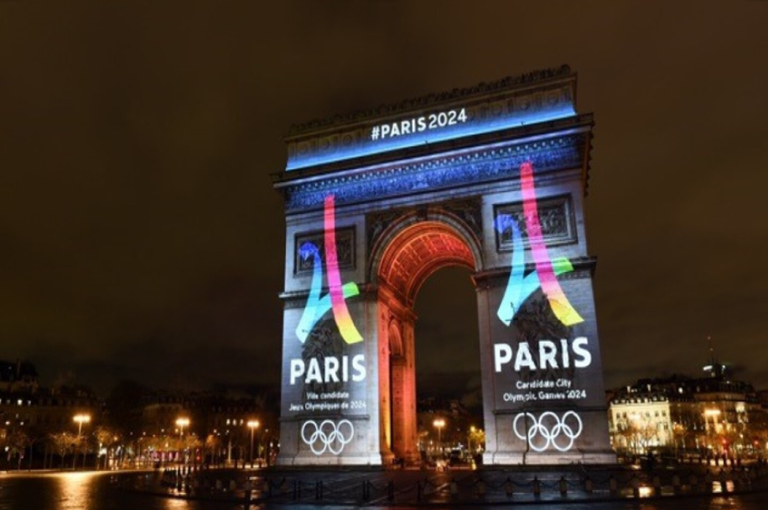

The accommodations for athletes are crafted with both comfort and environmental awareness in mind. Mattresses are made from recycled materials, and the furniture, including stools and bed frames, is constructed from cardboard, making it easily recyclable. These beds, introduced during the Tokyo Olympics in 2021, are designed to support up to 500 pounds. Despite their durability, athletes have noted their firmness, leading to some light-hearted videos online showcasing their unique design.
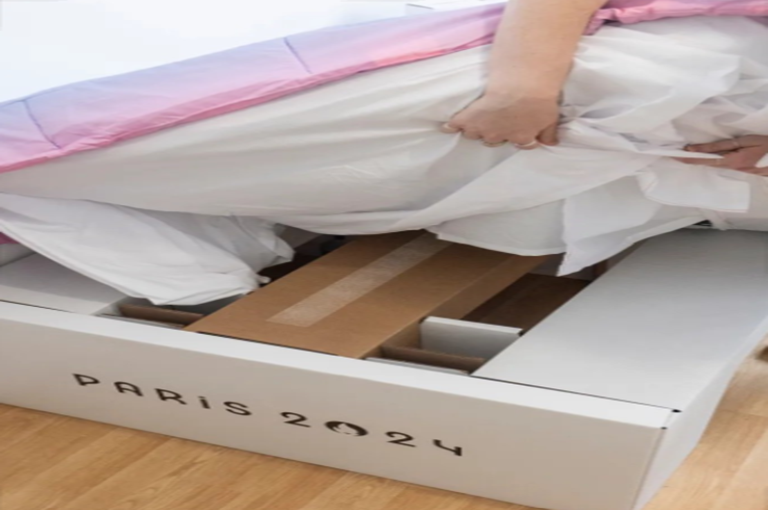

The Village comprises 3,000 apartments with nearly 16,000 beds, providing ample space for athletes and their support teams. Each apartment includes a bedroom with two beds and a small living area but lacks a kitchen. However, extensive dining options are available within the Village, with around 40,000 meals prepared daily. A large canteen accommodating 3,500 people offers a rotating menu that caters to diverse dietary needs, featuring French, Mediterranean, Asian, and Afro-Caribbean cuisines. Plant-based options such as vegetarian shawarma and beetroot falafel are also on the menu.
Athletes will find a range of amenities designed to enhance their experience. The Village Plaza, a shopping mall on-site, offers a hair salon, grocery store, bank, post office, and a 24-hour fitness center. Training facilities are abundant, with courts for basketball and fencing, and specialized venues for wrestling, pentathlon, and weightlifting. Over half of the training facilities are located within the Village, while others are accessible within a 20-minute radius.
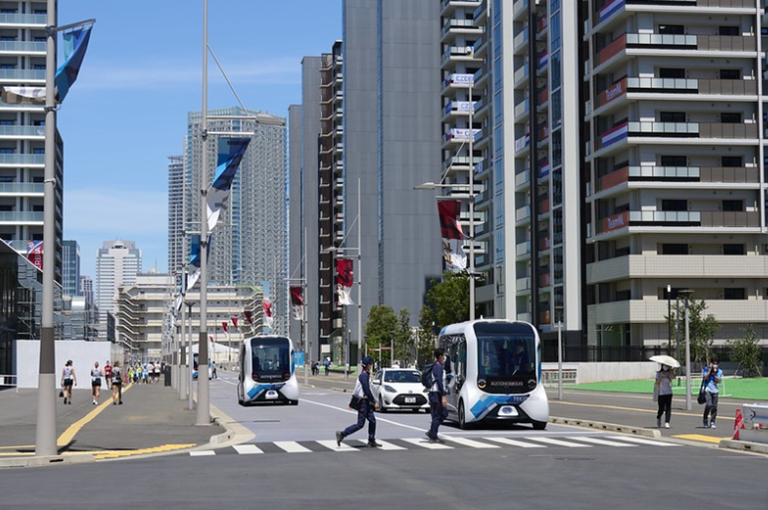

Transportation within the Village is facilitated by shuttle buses and electric bikes, with accessible equipment such as scooters and wheelchairs provided for Paralympic athletes. A multifaith facility allows for religious practices, and the Village Club serves as a social space where athletes can relax and watch coverage of the Games.
For those interested in the athletes’ attire, Team USA will be outfitted by Ralph Lauren for the opening and closing ceremonies, with designs reflecting an American style while maintaining a formal touch. Nike will provide uniforms for the U.S. Track & Field and Basketball teams.
With its focus on comfort, sustainability, and convenience, the 2024 Paris Olympic Village is set to offer a unique and environmentally conscious experience for athletes. As the Games commence from July 26 to August 11, the Village stands ready to host competitors from around the globe, showcasing a new era of eco-friendly Olympic hosting.

